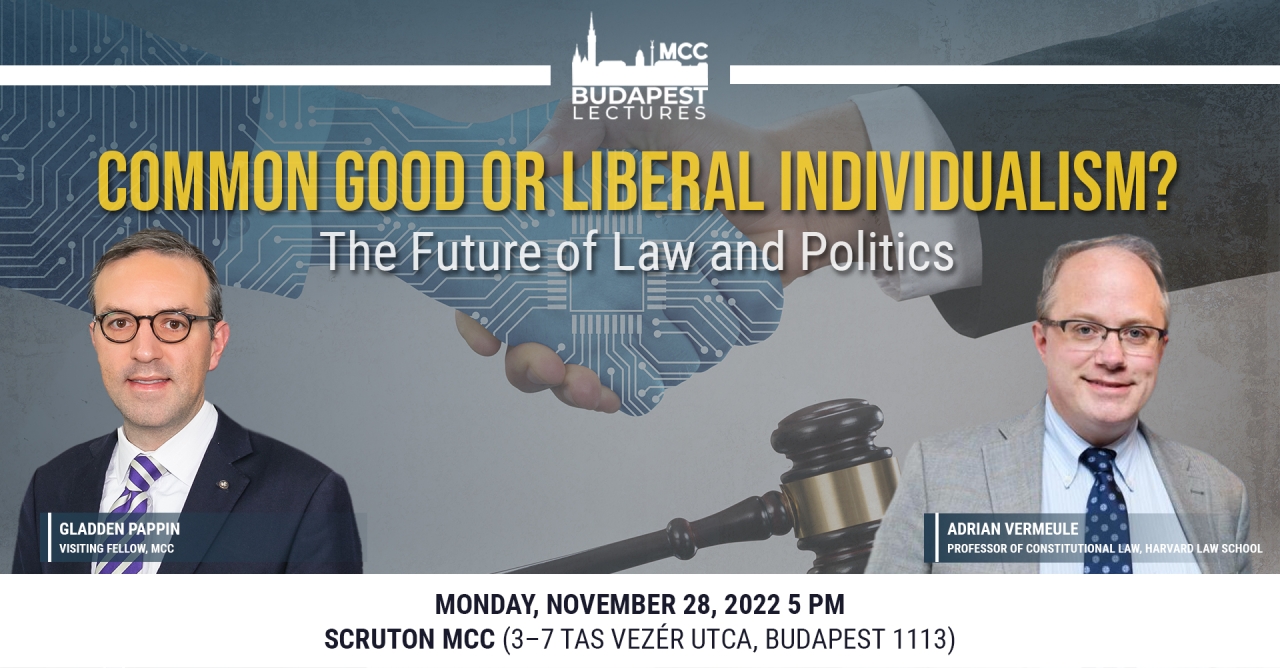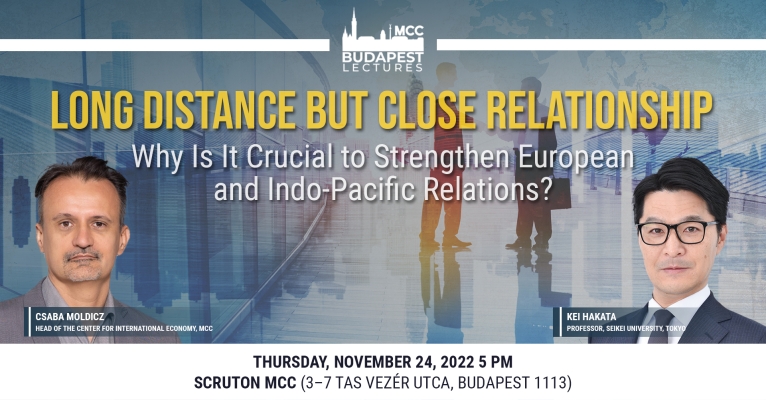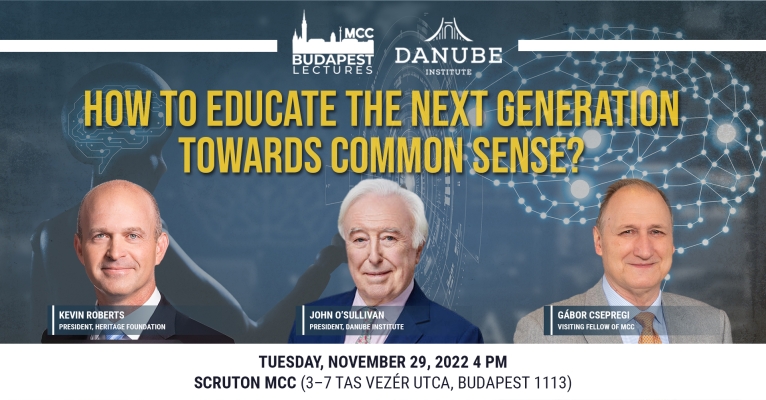The way that Americans understand their Constitution and wider legal tradition has been dominated in recent decades by two exhausted approaches: the originalism of conservatives and the “living constitutionalism” of progressives. Is it time to look for an alternative?
Adrian Vermeule argues that the alternative has been there, buried in the American legal tradition, all along. He shows that US law was, from the founding, subsumed within the broad framework of the classical legal tradition, which conceives law as “a reasoned ordering to the common good.” In this view, law’s purpose is to promote the goods a flourishing political community requires: justice, peace, prosperity, and morality. He shows how this legacy has been lost, despite still being implicit within American public law, and convincingly argues for its recovery in the form of “common good constitutionalism.”
During our lecture, Professor Vermeule will share his thoughts about America’s most significant contemporary legal debate.
Program
5.00 – 6.00 PM Moderated Discussion
- Adrian Vermeule, Professor of Constitutional Law, Harvard Law School
- Moderator: Dr. Gladden John Pappin, Visiting Fellow, MCC
6.00 – 6.30 PM Q&A
ADRIAN VERMEULE is the Ralph S. Tyler, Jr. Professor of Constitutional Law. Before coming to the Law School, he was the Bernard D. Meltzer Professor of Law at the University of Chicago. He was elected to the American Academy of Arts and Sciences in 2012. His research focuses on administrative law, the administrative state, the design of institutions, and constitutional theory. Having grown up in Cambridge and attended Harvard College ’90 and Harvard Law School ’93.
DR. GLADDEN PAPPIN is an associate professor of politics at the University of Dallas. He is also the cofounder and deputy editor of American Affairs, as well as senior adviser and permanent research fellow at the University of Notre Dame de Nicola Center for Ethics and Culture. He received his AB in history (2004), and his AM and PhD in government (2012), all from Harvard University. He writes on the contemporary politics of the United States and Europe, as well as the intellectual history of modern liberalism, and its relationship to ecclesiastical institutions.


